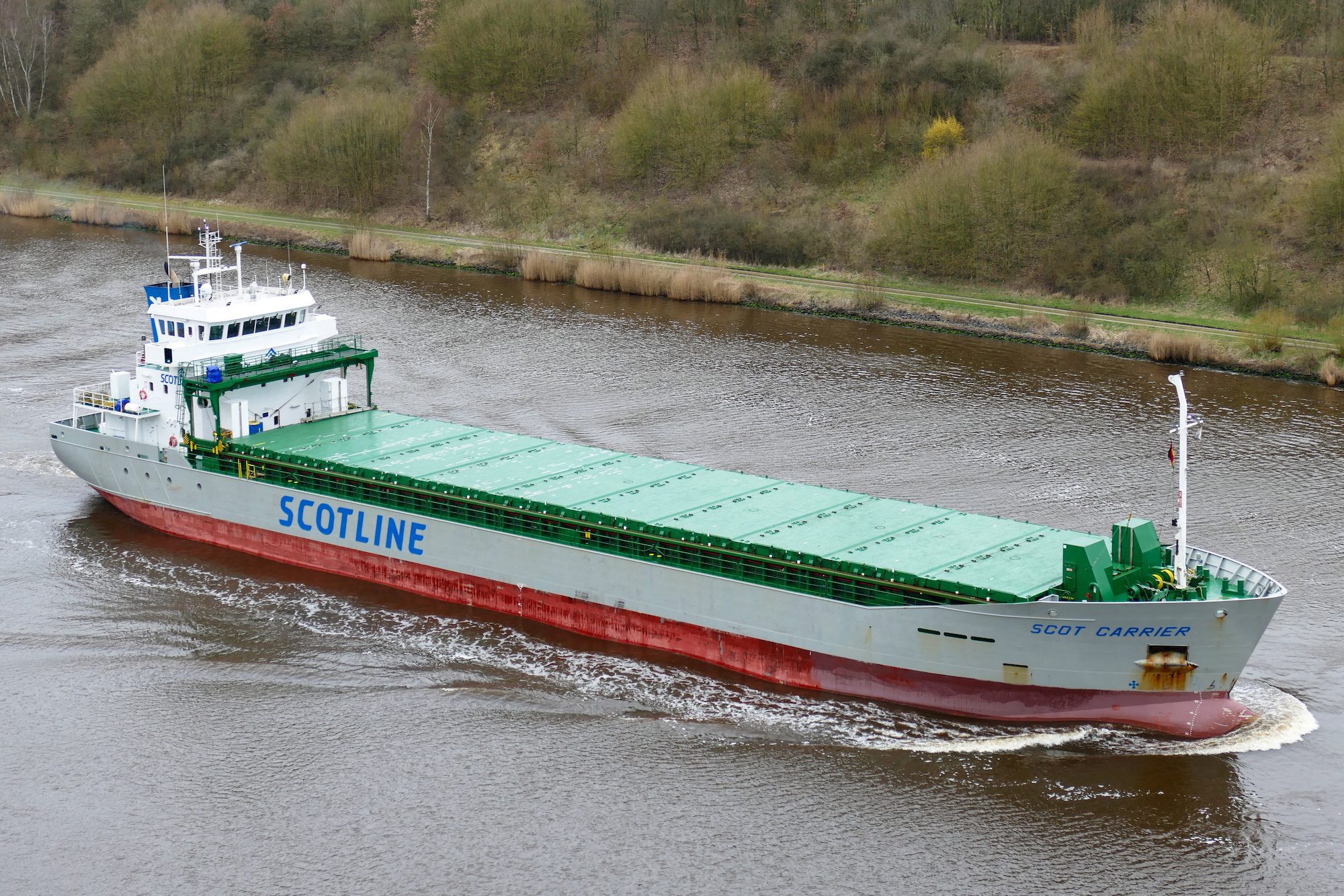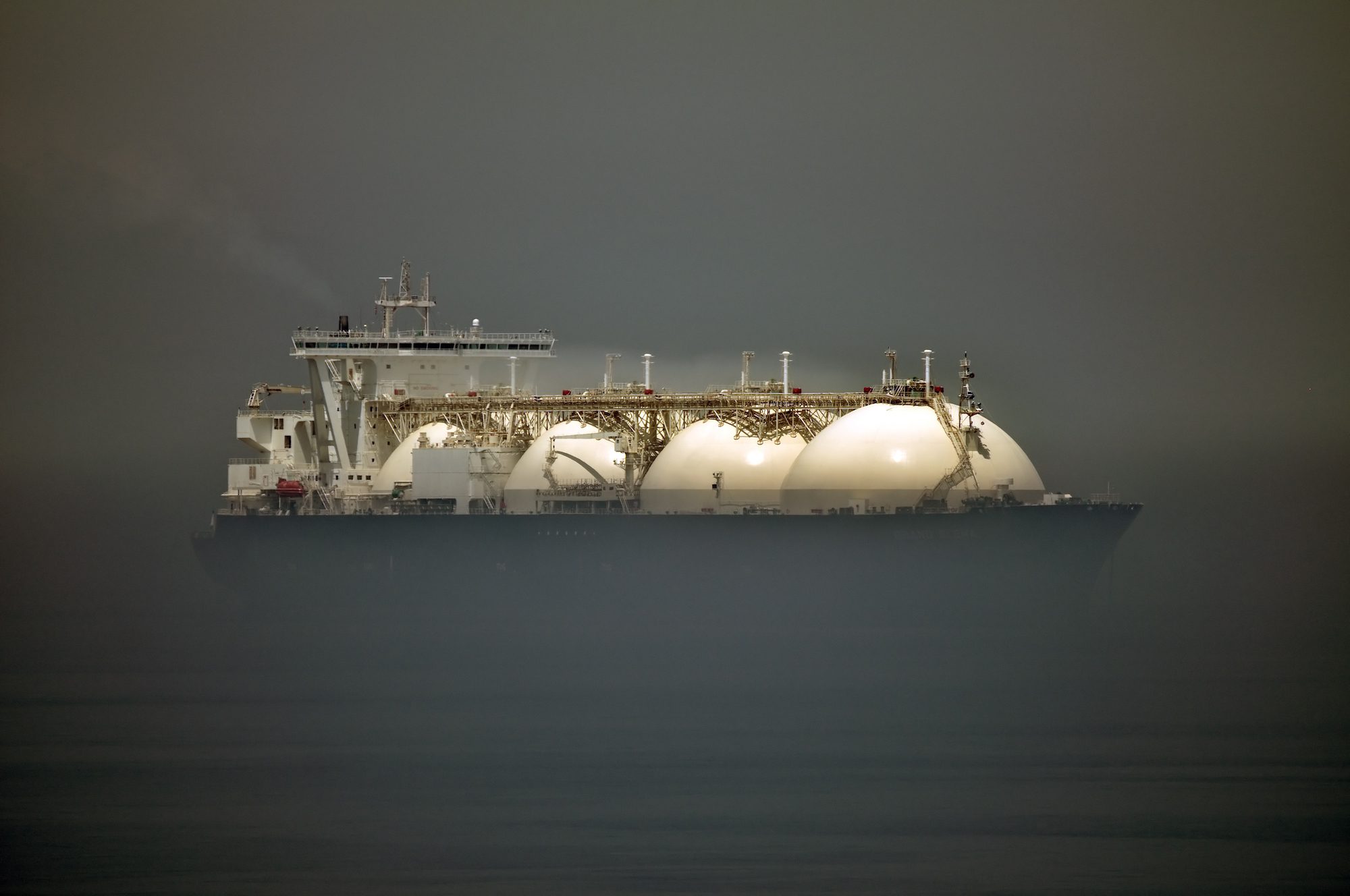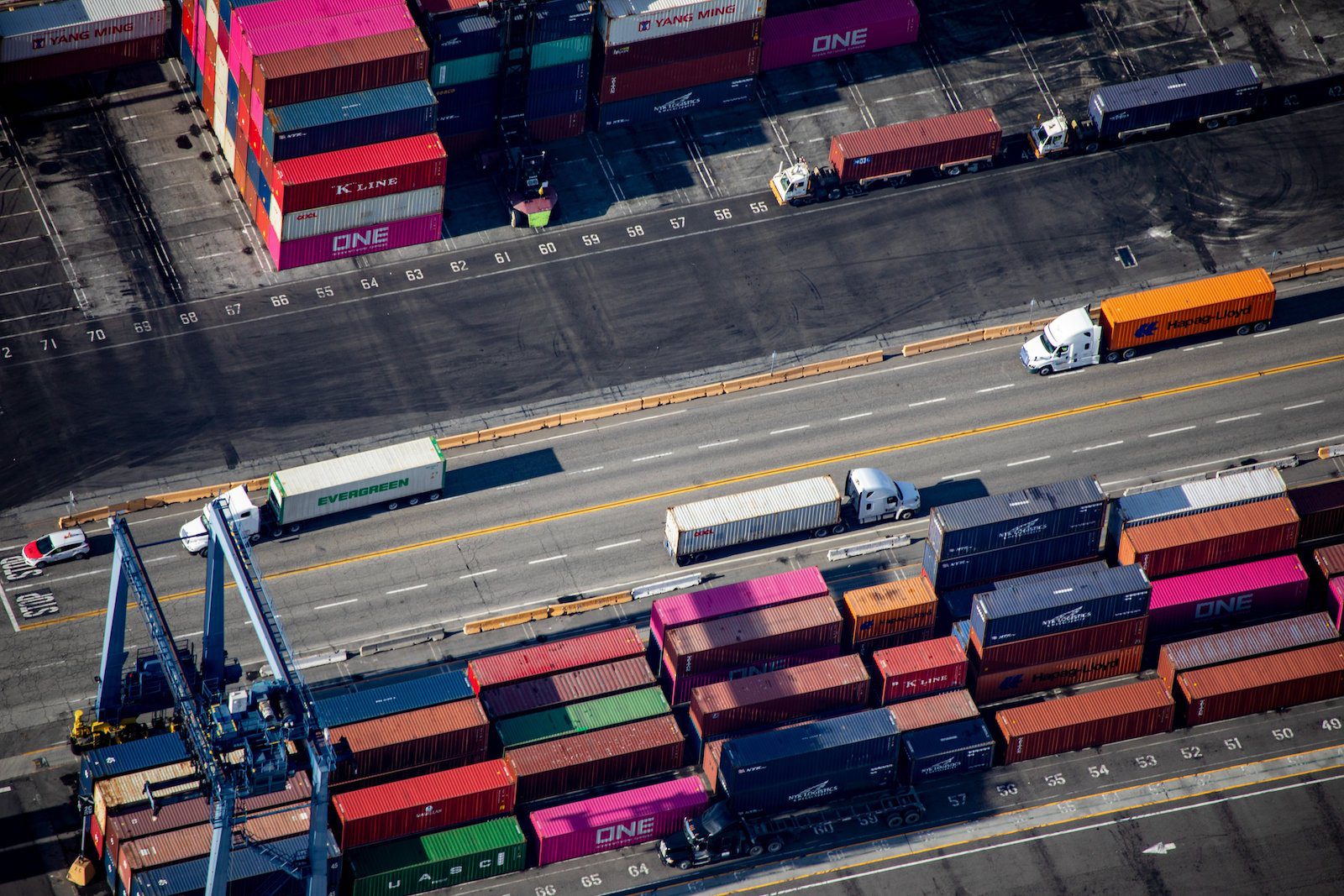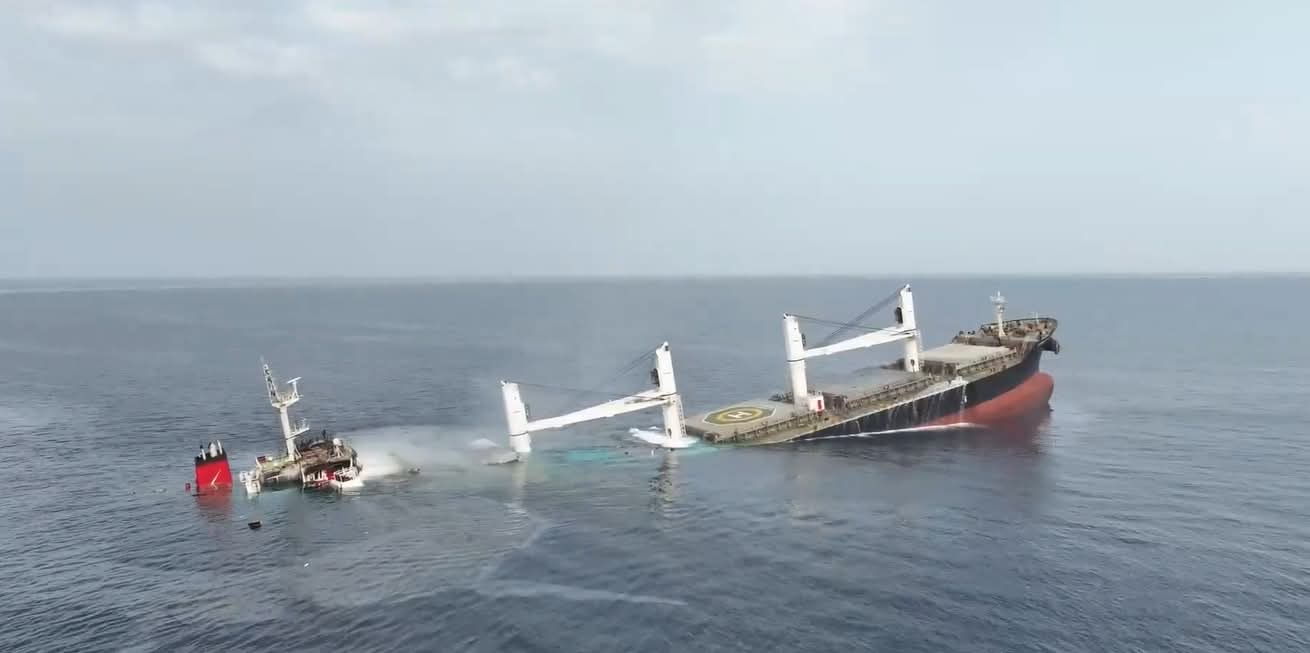Dec 18 (Reuters) – The Baltic Exchange’s dry bulk sea freight index declined on Friday, posting its biggest weekly fall since early February 2019, as demand waned across its vessel segments.
* The overall index, which factors in rates for capesize, panamax and supramax vessels, was down 119 points, or 4.8%, to its lowest level since mid-April at 2,379.
* The main index lost 27.3% this week.
* The capesize index shed 167 points, or 5.8%, to an over six-month low of 2,727. It posted a 43.5% weekly decline, its worst week since May-end 2020.
* Average daily earnings for capesizes, which transport 150,000-tonne cargoes such as iron ore and coal, decreased by $1,390 to $22,613.
* China’s iron ore prices jumped to a seven-week high and were set for a fourth straight weekly gain, on growing hopes of a recovery in steel demand in the world’s biggest producer of the construction and manufacturing material.
* The panamax index lost 182 points, or 6.9%, to its lowest in over three weeks at 2,444. It fell 20.3% this week.
* Average daily earnings for panamaxes, which ferry 60,000-70,000 tonne coal or grain cargoes, fell $1,636 to $21,994.
* The supramax index fell 45 points, or 1.8%, to 2,469, its lowest since Dec. 6.
Reporting by Kavya Guduru in Bengaluru; Editing by Krishna Chandra Eluri
(c) Copyright Thomson Reuters 2021.

 Join The Club
Join The Club











